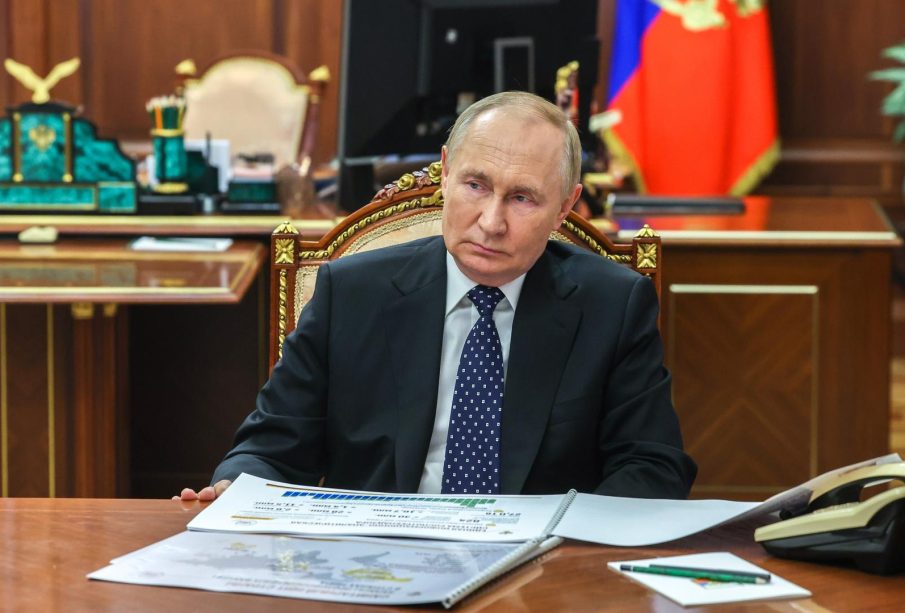Putin and His Recent Influential Strategies in Global Politics

Introduction
Vladimir Putin, the President of Russia, continues to be a pivotal figure in global politics, shaping power dynamics across various regions. His strategies have profound implications not only for Russia but also for the international community. With rising tensions in Europe, global energy crises, and ongoing conflicts, understanding Putin’s moves is essential for comprehending contemporary geopolitics.
Recent Developments
In recent months, Putin’s administration has focused on consolidating power amid increasing scrutiny over Russia’s military actions and political decisions. The ongoing war in Ukraine remains central to Kremlin’s policies, with Russia attempting to expand its influence in Eastern Europe. In September 2023, reports emerged of new military expenditures being allocated in preparation for the ongoing conflict, indicating a commitment to long-term engagement.
Additionally, Putin’s diplomatic manoeuvring has seen a strengthened relationship with China, especially in trade and energy sectors. A recent summit highlighted agreements for natural gas supply which are crucial for both economies, especially as Western sanctions continue to strain Russia’s financial resources. This shift underscores a pivot towards non-Western alliances, which may redefine global partnerships.
Energy Diplomacy
The role of energy in Putin’s strategy cannot be overstated. Russia’s vast resources position it as a crucial player in the global energy market. Following the imposition of sanctions by the European Union, Russia has increased its focus on markets in Asia and Africa, seeking to offset the loss of European access. In particular, with Europe experiencing energy shortages, the dynamics of energy dependence are likely to evolve, impacting geopolitical alliances.
Internal Politics and Public Opinion
Domestically, Putin faces challenges as the Russian populace responds to the consequences of prolonged military engagement and economic hardship. Public opinion is a complex battleground, where state-controlled media maintains a narrative of strength and resilience. However, dissent is brewing with protests and resistance movements emerging in response to the government’s actions.
Conclusion
Putin’s strategies in 2023 signal a deliberate effort to navigate a complex international landscape while reinforcing his grip on power domestically. As global tensions shift and alliances reconfigure, the actions taken by Putin will likely have lasting implications for international relations, energy politics, and local governance in Russia. Observers should remain vigilant as these developments unfold, understanding that the implications of Putin’s strategies extend far beyond Russia’s borders, affecting global stability and security.








